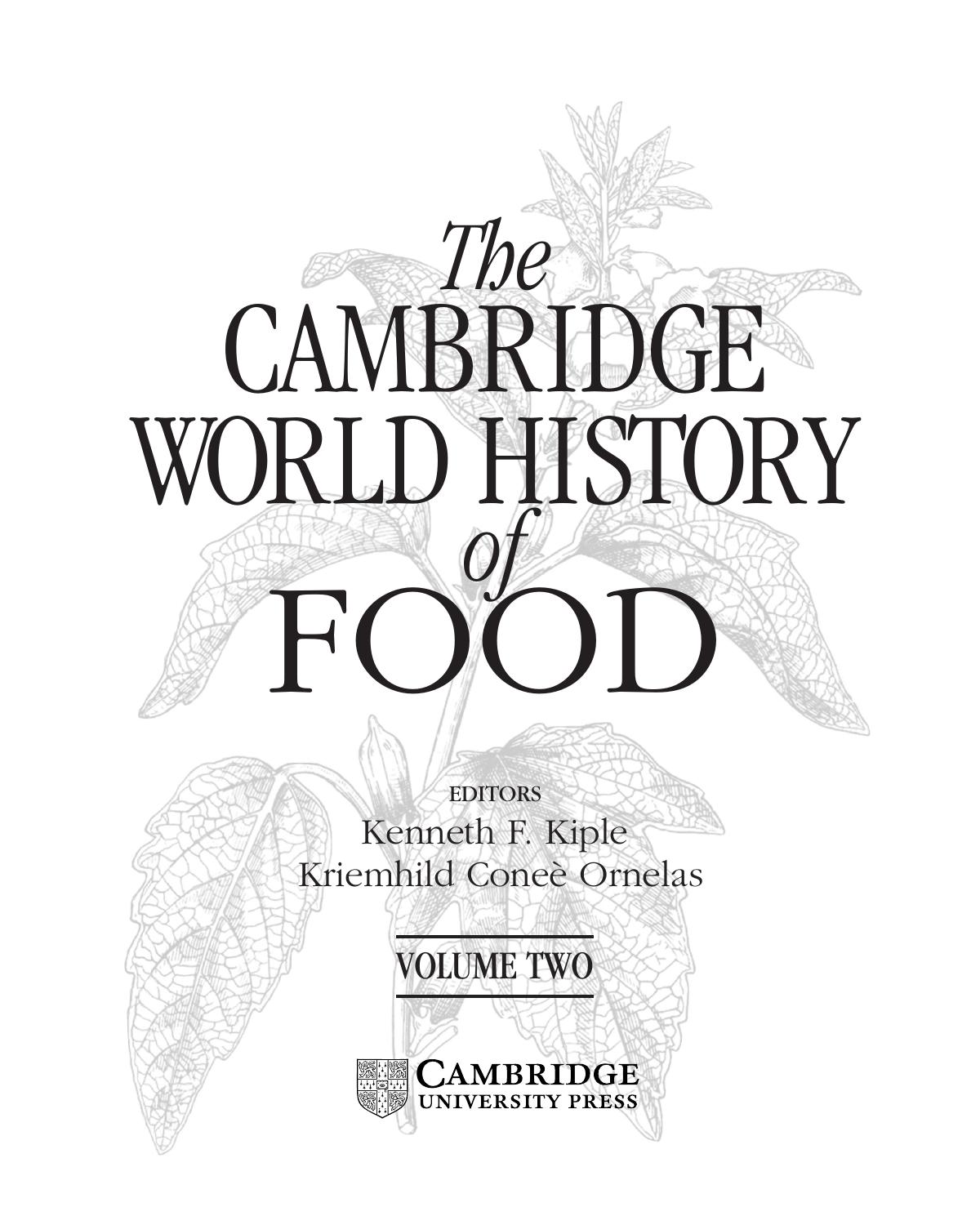A Dictionary of Literary Symbols by Michael Ferber

Author:Michael Ferber
Language: eng
Format: epub, pdf
Publisher: Cambridge University Press
N
Nature
“Nature” in Greek (physis) and Latin (natura) at first meant the nature of something, as in Lucretius’ title “On the Nature of Things,” but it came to stand alone, perhaps by means of phrases such as “the nature of everything,” to mean the universe or the natural world. In this sense Ovid mentions “nature” as featureless before the creation (Met. 1.6). According to late ancient sources, the Orphics praised Physis as the mother of all, all-wise, all-ruling, and immortal; if so, that was the first instance of “Mother Nature,” but the personification was not sustained. The more ancient myths about Gaia (Earth) must also have encouraged this personification; the Homeric “Hymn to the Mother of All” begins “I shall sing of well-founded Earth, mother of all, / Eldest of all, who nourishes all things living on land.” In both Greek and Latin the words for “nature” and for “earth” (Greek gaia, ge, Latin tellus, terra) are all feminine in grammatical gender.
A later forerunner of Mother Nature is Lucretius’ alma Venus (“nourishing Venus”), whom he invokes as the goddess of the generation of life and the muse of his poem (1.2); Spenser imitates his invocation in FQ 4.10.44–47. Statius makes Nature a “captain” (dux) (Thebaid 12.642); in Claudian, Nature is the “marriage-maker” (pronuba) (Magnes 38). She is a fully fledged allegorical figure in Bernard Sylvestris and Alanus de Insulis; the latter’s “Complaint of Nature” influenced The Romance of the Rose, where Nature is the mistress of Venus’ forge, making new generations of living things (15975ff.). She first appears in English poetry as “this noble goddesse Nature” in Chaucer’s Parliament of Fowls 303; Chaucer cites Alanus’ “Pleynt of Kynde” as his authority. Gower has “Nature the goddesse” (Confessio 5.5961). Spenser also refers to “mother Nature” (FQ 2.6.16) and “great Dame Nature” with “fruitfull pap” that feeds the flowers (2.2.6). Amidst the manifold meanings of “nature” in Shakespeare, the “good goddess nature” persists (WT 2.3.104); “Nature hath fram’d strange fellows in her time” (MV 1.1.51). But when Edmund in his first speech announces “Thou, Nature, art my goddess; to thy law / My services are bound” (Lear 1.2.1–2), we are alerted that he will not be bound by traditional duty. Shakespeare himself, according to Gray, was “Nature’s darling,” for “To him the mighty Mother did unveil / Her awful face” (“Progress of Poetry” 84–87).
With the new feeling for nature in the literature of sensibility and romanticism, of course, richer and less allegorical accounts of nature prevail, but it often remains maternal, or at least feminine. Goethe’s Faust asks, “Where do I seize you, unending Nature – / you breasts, where?” (455–56). Wordsworth constantly refers to nature as “she,” and sometimes she is active in ministering to the growth of the poet’s soul, the subject of The Prelude. Earth, too, has “something of a Mother’s mind” in the “Intimations Ode” (79). Shelley invokes the “Mother of this unfathomable world” near the opening of “Alastor” (18). In his fallen state, according to Blake, Man perceives
Download
A Dictionary of Literary Symbols by Michael Ferber.pdf
This site does not store any files on its server. We only index and link to content provided by other sites. Please contact the content providers to delete copyright contents if any and email us, we'll remove relevant links or contents immediately.
| African | Asian |
| Australian & Oceanian | Canadian |
| Caribbean & Latin American | European |
| Jewish | Middle Eastern |
| Russian | United States |
4 3 2 1: A Novel by Paul Auster(11049)
The handmaid's tale by Margaret Atwood(6852)
Giovanni's Room by James Baldwin(5878)
Big Magic: Creative Living Beyond Fear by Elizabeth Gilbert(4723)
Asking the Right Questions: A Guide to Critical Thinking by M. Neil Browne & Stuart M. Keeley(4576)
On Writing A Memoir of the Craft by Stephen King(4213)
Ego Is the Enemy by Ryan Holiday(3991)
Ken Follett - World without end by Ken Follett(3972)
The Body: A Guide for Occupants by Bill Bryson(3802)
Bluets by Maggie Nelson(3710)
Adulting by Kelly Williams Brown(3671)
Guilty Pleasures by Laurell K Hamilton(3586)
Eat That Frog! by Brian Tracy(3514)
White Noise - A Novel by Don DeLillo(3436)
The Poetry of Pablo Neruda by Pablo Neruda(3367)
Alive: The Story of the Andes Survivors by Piers Paul Read(3311)
The Bookshop by Penelope Fitzgerald(3226)
The Book of Joy by Dalai Lama(3218)
Fingerprints of the Gods by Graham Hancock(3213)
